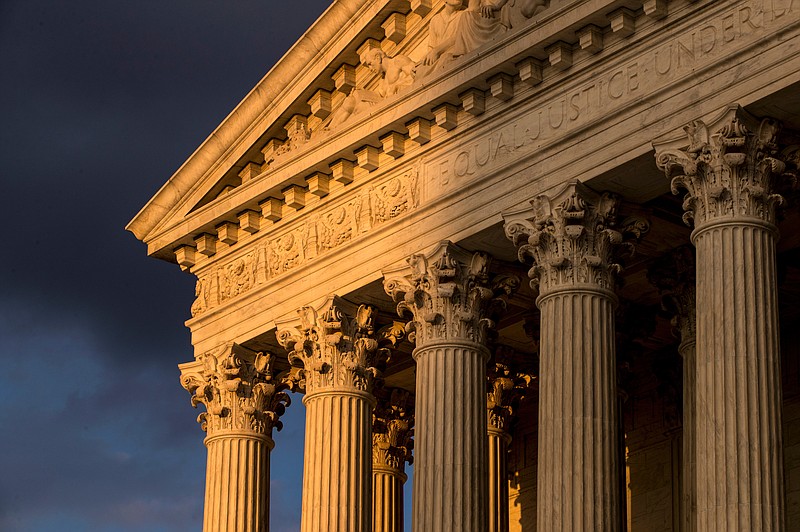No matter what side you come down on sales taxes on internet purchases, one thing is clear. Americans are not going to give up their growing attachment to ordering online.
On Thursday, the United States Supreme Court ruled that states can collect sales taxes from out-of-state internet retailers. The old rule about collecting sales taxes applied only to businesses that had a physical presence in a state.
The decision will be a big money-maker for states, including an estimated $450 million annually in Tennessee.
That said, the tiny retailer who makes candles in her home and peddles them online may have to forgo her struggling business, and that would be a shame. When we make it more difficult for small businesses to thrive, no matter how we do it, we take a little wind out of the sails of the free-market, capitalistic, entrepreneurial spirit that is the United States.
However, states had been looking toward a Supreme Court decision on the case, and South Dakota all but created a law to test it, requiring online retailers with $100,000 in sales or with more than 200 transactions to collect and turn over sales taxes. It then brought cases against several online retailers who didn't comply. Lower courts ruled against South Dakota, but Justice Anthony Kennedy - who wrote Thursday's decision - had indicated in a 2015 case that the court might be willing to hear such a challenge.
Interestingly, the South Dakota v. Wayfair decision didn't fall on the court's liberal-conservative lines, with far-left Justice Ruth Bader Ginsburg joining four conservative justices in the 5-4 decision, and moderate Chief Justice John Roberts joining the court's other far-left justices on the losing side.
Roberts argued - and we don't disagree - that Congress should have been the place where regulation of commerce among states was addressed. But Congress seemed to be waiting for a decision from on high - the high court, that is.
So, like it or not, Kennedy gave 'em one, though Congress may yet act.
"Each year, the physical presence rule becomes further removed from economic reality and results in significant revenue losses to the States," he wrote.
Brick-and-mortar retailers, naturally, were thrilled, too, believing the decision will allow them to continue to compete with the burgeoning online sellers. Although customers always were theoretically supposed to pay sales taxes to the state if the online retailer didn't charge them - and few did - almost no buyer gave the state its due. The result gave the internet retailers an advantage and almost made it seem as if the government were picking winners.
It will take time for online retailers to set up their paperwork, and since Congress could get involved, we may not have heard the end of the story. But for now, brick-and-mortar retailers and states are breathing big sighs of relief.
